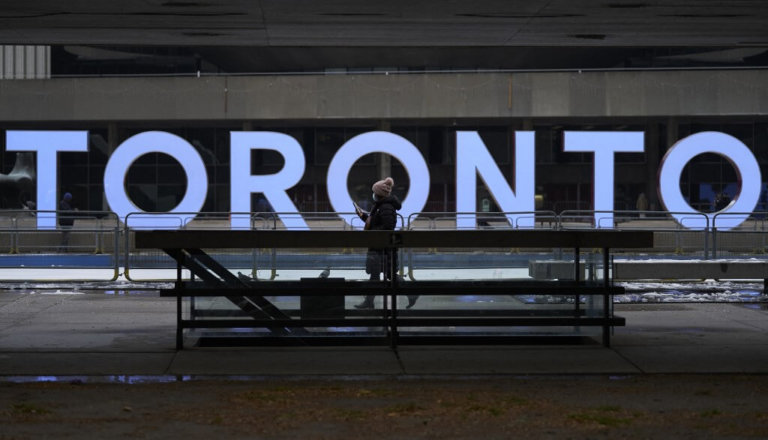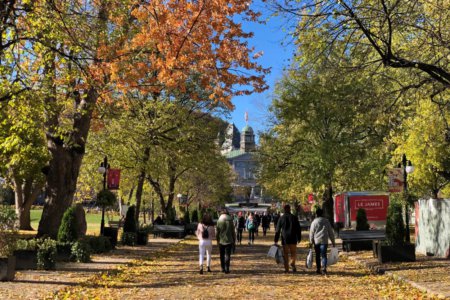
The Canadian government has introduced new COVID-19 testing and quarantine measures for non-essential air and land travel that came into effect on Feb. 22, 2021. Leading language organisation Languages Canada says this could result in international students postponing their studies, or choosing an alternative location instead.
According to the government’s announcement, non-essential travellers arriving in Canada by land or by air must stay up to three nights at a government-authorised hotel while awaiting their COVID-19 test results, regardless if the traveller’s mandated 72-hour pre-arrival test was negative. Travellers will pay for the cost of their hotel stay, as well as all associated costs for their food, security, transportation and infection prevention and control measures.
They will also still be required to complete the remainder of the mandatory 14-day quarantine after their mandatory hotel stopover. Travellers must also take another COVID-19 test on day 10 of their 14-day quarantine. When Prime Minister Justin Trudeau announced the programme on Jan. 29, 2021, Trudeau said the cost would exceed $2,000 Canadian dollars per person. Recent reports, however, say the mandatory three-day hotel quarantine is much cheaper than what was initially announced.
More stringent quarantine measures

Canada’s new quarantine measures are more stringent and could come at an exorbitant price for some international students. Source: Daniel Slim/AFP
Languages Canada, a national non-profit representative for 203 accredited English and French language education programmes, says these new testing and quarantine measures are unnecessarily disadvantaging the international education sector, which had already spent millions implementing risk-management procedures during the pandemic. Speaking to New Canadian Media, Languages Canada executive director Gonzalo Peralta said, “The latest requirements imposed by [the] government is taking away the ability to work for the 19,000 Canadians employed in our sector by unnecessarily choking the flow of international students.”
He added: “The confusion, the lack of functionality, and the cost of new requirements associated with studying in Canada will result in [international] students postponing studies or choosing a competing destination.” The organisation said it received plenty of complaints and questions from Canadian language education institutions and students, including whether three COVID-19 tests (pre-departure, on-arrival, and end-of-quarantine) are really necessary.
Peralta said educational institutions have spent millions to comply with COVID-19 readiness plan requirements as mandated by the government last fall. Strict policies have already been adopted for international students, which includes mandatory testing, tracking, and a 14-day quarantine. Systems costing millions of dollars were set up to handle the logistics required to comply with these policies, which Peralta argued “have been working successfully from the beginning”.
“In fact, Languages Canada’s Study Safe Corridor–Travel Safe programme has not had a single COVID-19 case among its students since it launched in October 2020, and it is designed to safely handle infections should any occur,” he said. “It doesn’t have to be this complicated. We already have a proven, safe, cost-effective, and Canadian solution in place.”
Canada’s language education sector plays an important role in the nation’s CA$22 billion-a-year international education sector, attracting over 150,000 international students to learn English or French. Over one-third of language students go on to pursue post-secondary programmes in Canada and many remain in the country as skilled immigrants, said the report.
The University of BC said its working with Universities Canada and the Bureau for International Education to minimise the impact of travel restrictions on international students, according to the Ubyssey, the campus student paper.
“Travel to Canada for UBC’s international students is considered essential. These are not tourists. Our hope in conversation with the government is to eliminate for students to be impacted by these changes,” said Michelle Suderman, director of international student development.
The University of British Columbia’s (UBC) student newspaper, The Ubyssey, said the university is working with Universities Canada and the Bureau for International Education to minimise the impact of travel restrictions on international students. “Travel to Canada for UBC’s international students is considered essential. These are not tourists. Our hope in conversation with the government is to eliminate for students to be impacted by these changes,” said international student development director Michelle Suderman.










